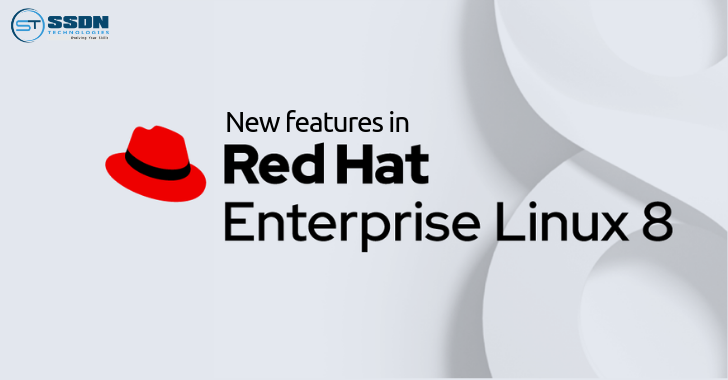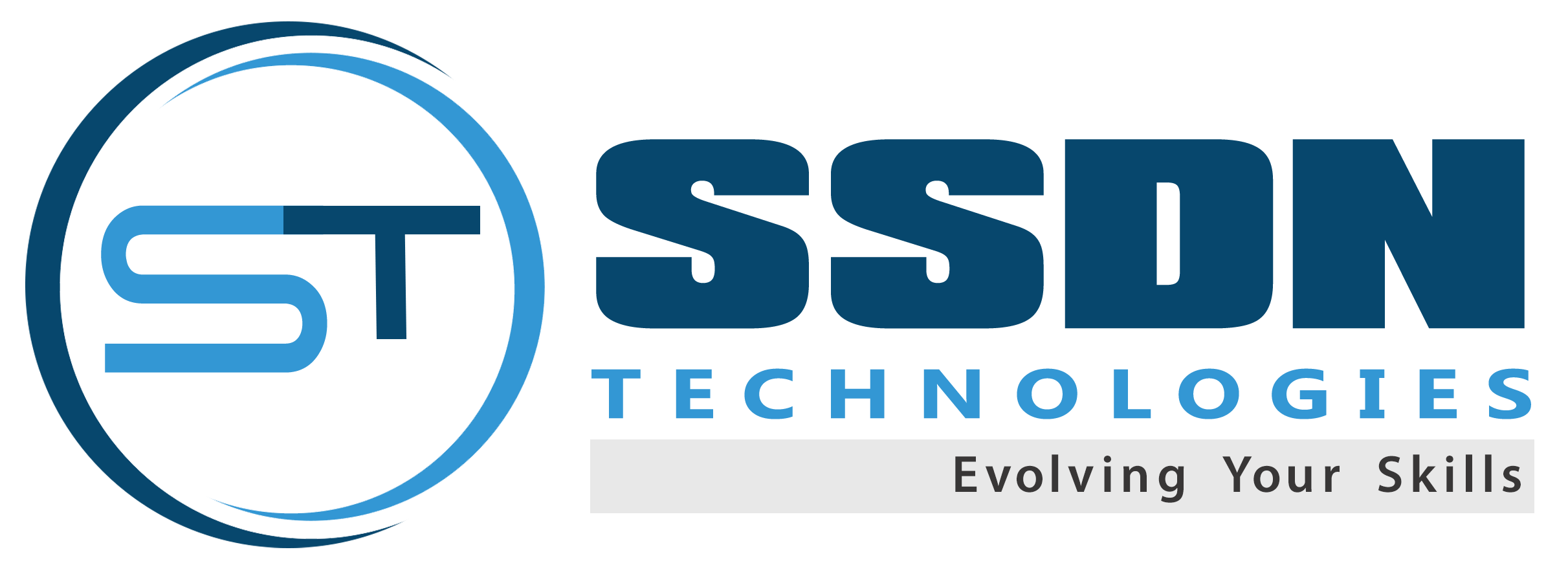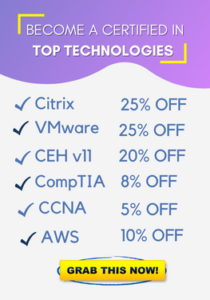
Updated on: September 3, 2019
As we know that Red hat released a new version of OS RHEL 8 on the 7th of May 2019. RHEL 8 kernel version is now 4.18. It is based on fedora 28 distribution. RHEL 8 release comes after IBM acquired Red hat and is available for all to download, use and learn new features.
You can download RHEL 8 from its official site: https://access.redhat.com/downloads/
For downloading you need an active subscription otherwise you have to register yourself on red hat site after that you can download ISO file.

The New Feature in RHEL 8
1 Cockpit: – It is available by default in RHEL 8. Cockpit is a Powerful Tool for monitoring and managing multiple Linux Servers by using a web browser. The cockpit is simple lightweight and easy to use remote manager for Linux servers. It is very much compatible with mobile browsers so that the users can manage the system from mobile devices also. In front page it will show a warning of missing updates, and also will show when red hat subscription is going to expired.
2. Kernel: – Linux kernel version in RHEL 8 is now 4.18 is a more stable, reliable and secure and good support for hybrid cloud deployments to support more workloads of customers. RHEL 7 can support maximum physical memory up to 64TB but now RHEL 8 can support physical memory up to 4PB
3 Databases: database server like MySQL 8.0, MariaDB 10.3, PostgreSQL 10 & 9.6 and Redis 4.0 are available in RHEL 8.
4 New versions: – in RHEL 8 OpenSSL 1.1.1 & TLS 1.3 support, python 3.6 is the default Python version, for RHEL 8 & PHP 7.2, Ruby 2.5 Perl 5.26 & apache HTTP server 2.4.35 is supported by RHEL 8
5 Nginx:- Nginx is a web server. We can also use it as a reverse proxy, load balancer, mail proxy, and HTTP cache. The software first publicly released in 2004. It is free and open-source software often uses as load balancer. Nginx 1.14 is available by default in the base repository.

6. Software management: – In RHEL 8 software is managed by the new version of YUM (YUM v4). RPM version now 4.14. It validates the entire package contents before starting the installation. The utility is based on DNF technology in fedora, the syntax will be same #dnf install package name and also improve some feature like the debug info packages, also Support for rich or Boolean dependencies, etc.
7. Default network packet filtering: – nftables replaces iptables as the default network filtering framework in RHEL and it uses tables for storing input, output and forward chains, as like iptables. We can convert existing iptables or ip6tables rules into nftables. nftables support advantages like it offer a single framework for packet filtering. The utility of nftrace is provided that helps in debugging and tracing in the ruleset.
8. Default Display Server: – The default desktop environment has been upgraded to Gnome33.28. In RHEL 8. Its support new features like on-screen keyboard, extended device support, improved multi-monitor support, enhanced User interface.
9. Virtualization:– RHEL 8 now comes with qemu-kvm v2.12. Provides few enhancements like UEFI guest boot, vCPU hot plug and hot unplug, guest I/O threading. Through cockpit we can managed by default it. If required virt-manager could also be installed on your machine.
10. Security:– In RHEL 8 the OpenSSH is of version is 7.8p1. Now it does not support SSH version 1. Minimal accepted RSA key size is set to 1024 bits & Removed ‘Blowfish’, ‘CAST’, ‘RC4’ ciphers. Default key will RSA because DSA public key algorithm is disabled by default.
These all are new feature in RHEL 8.





